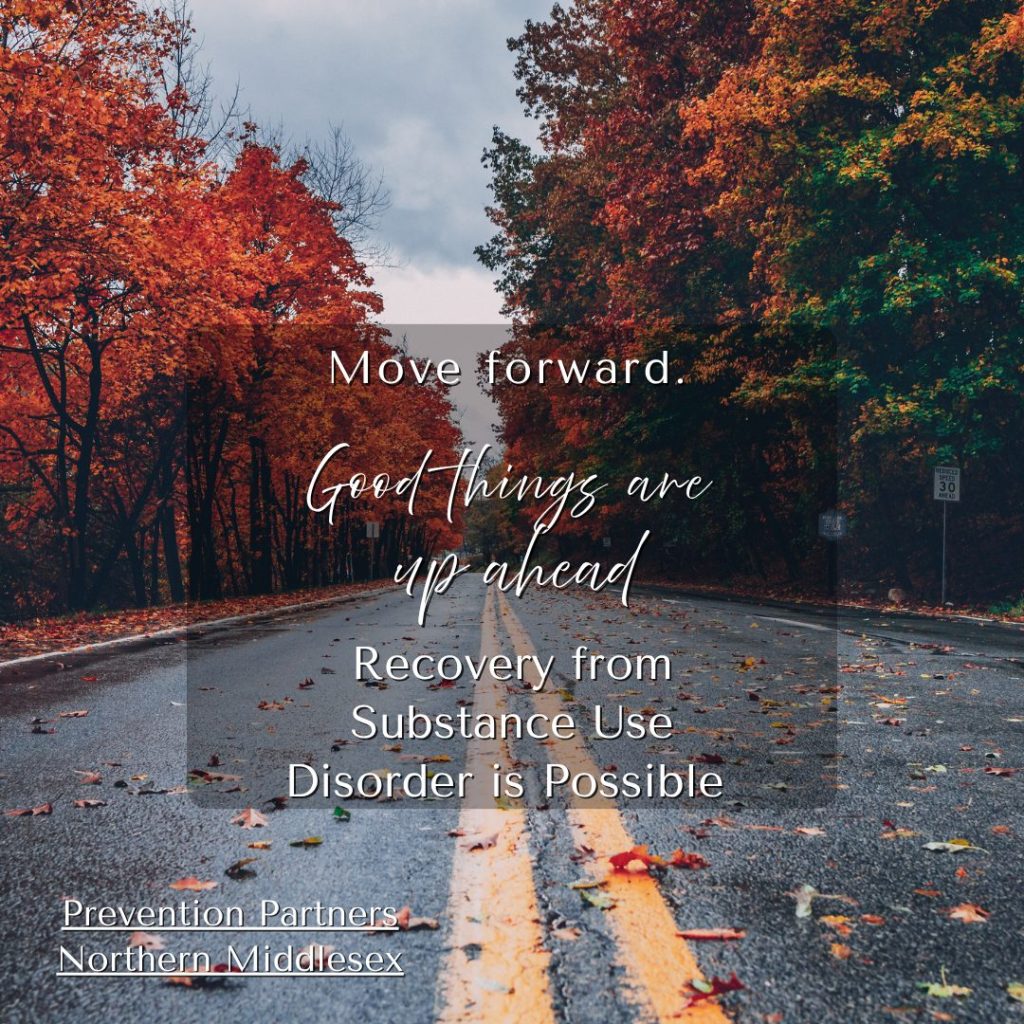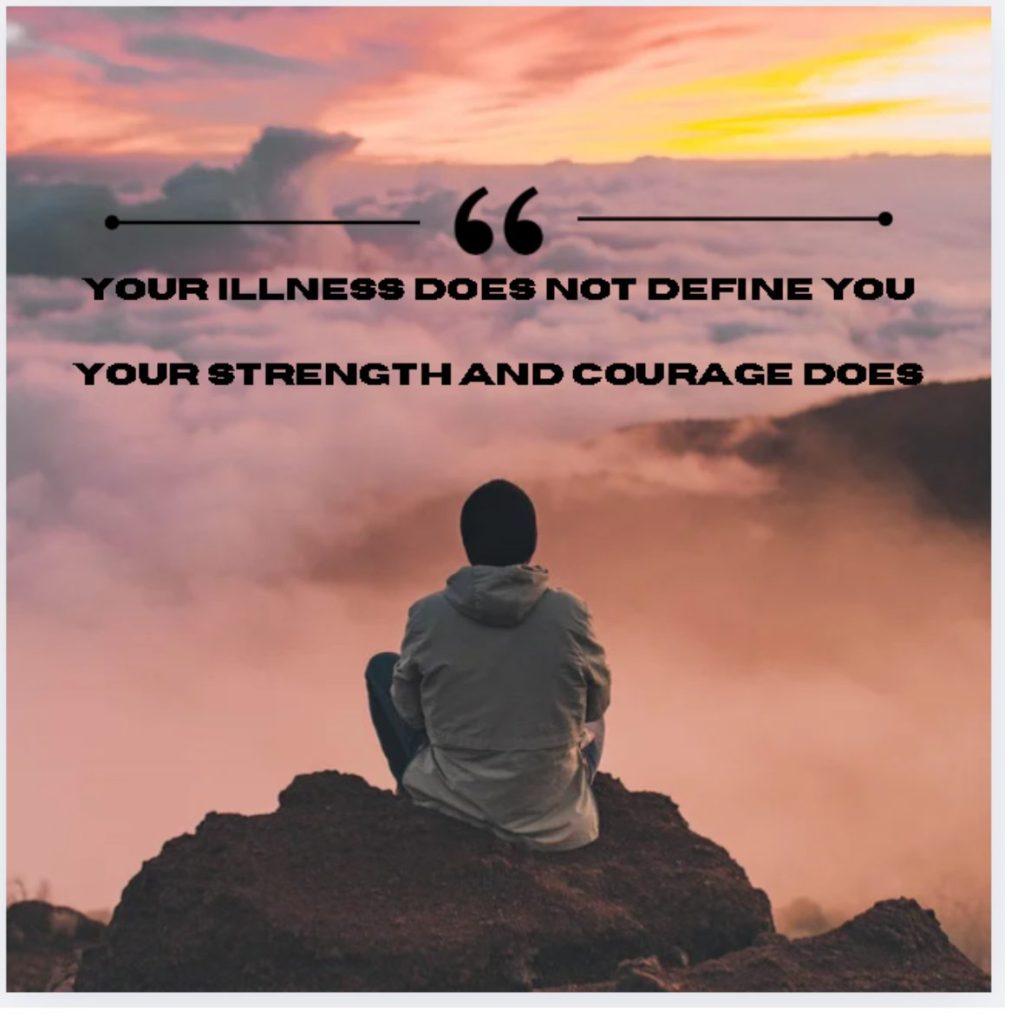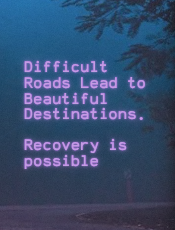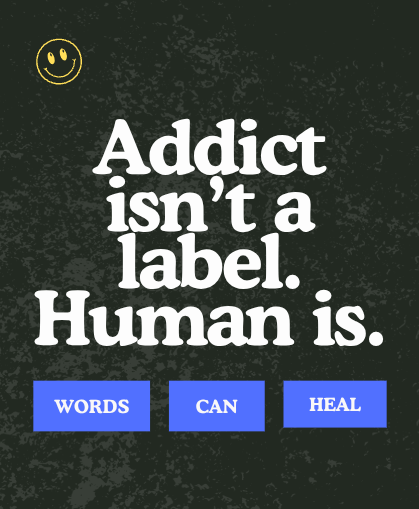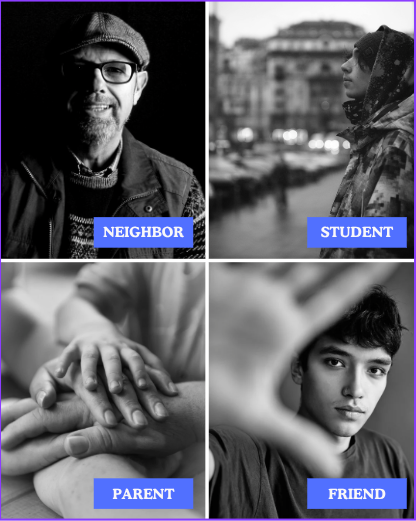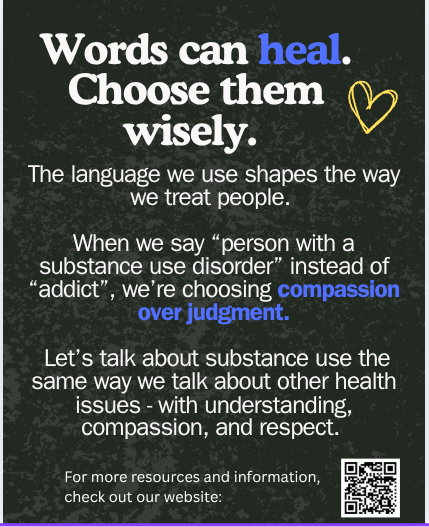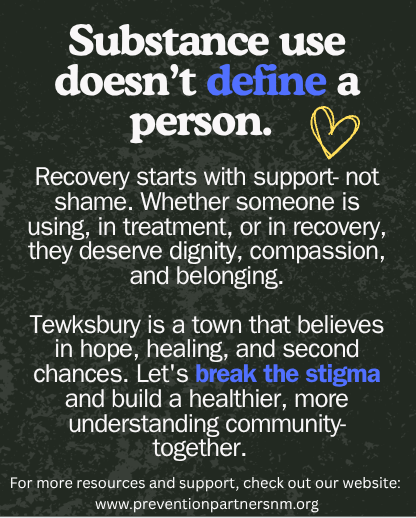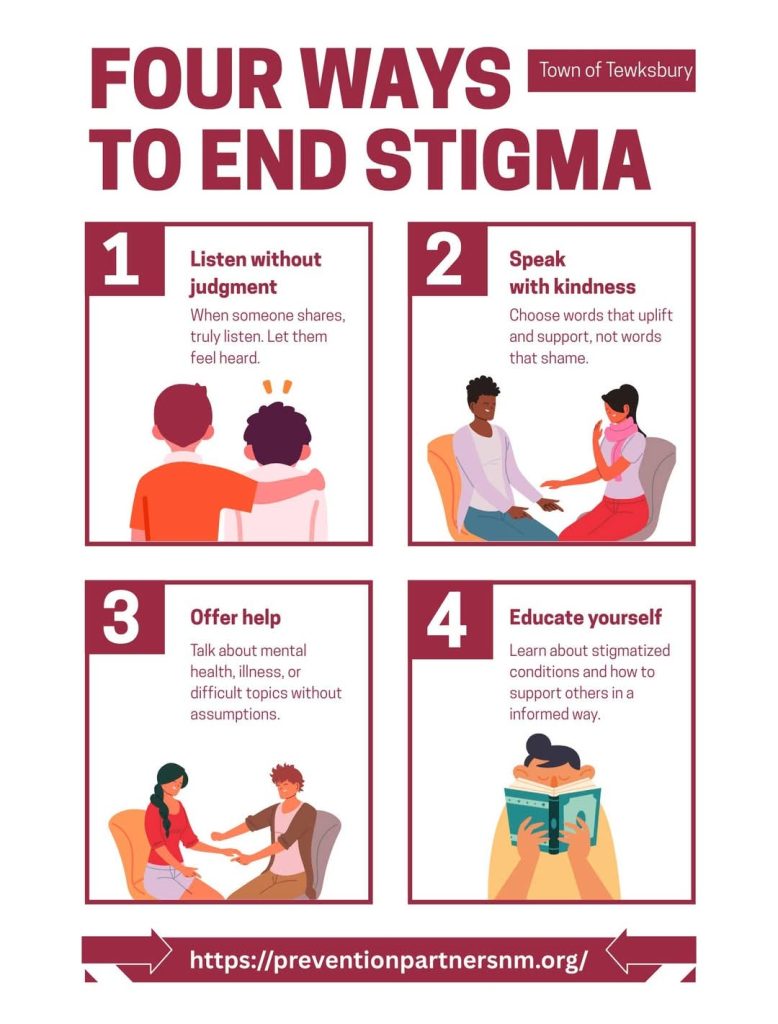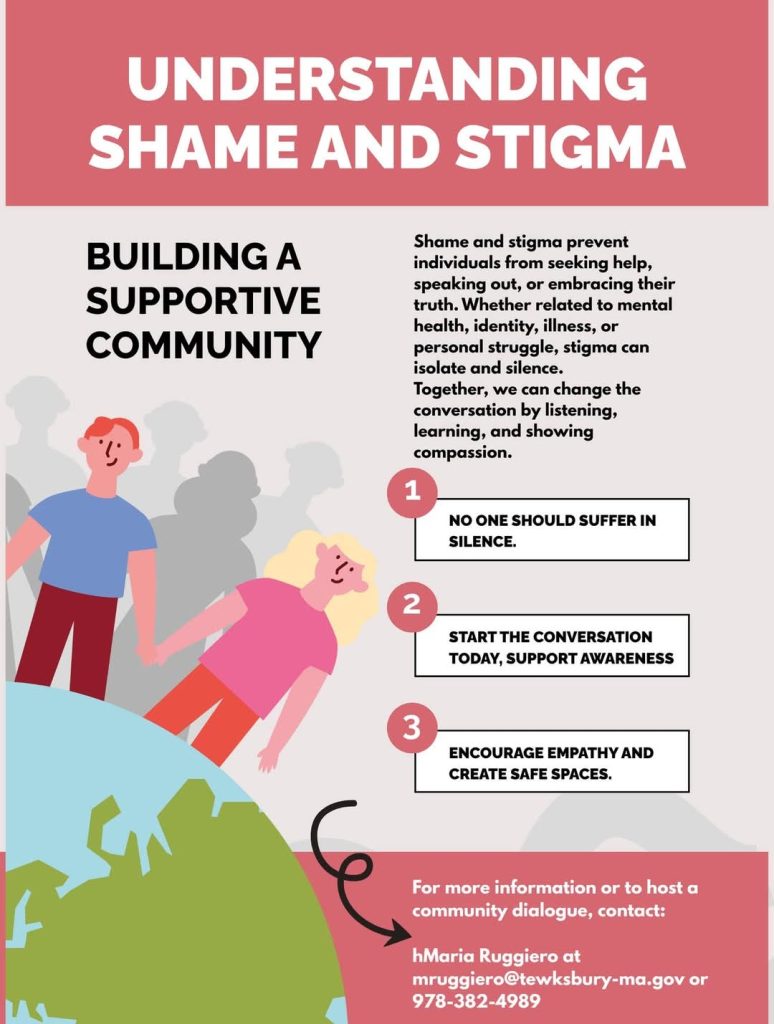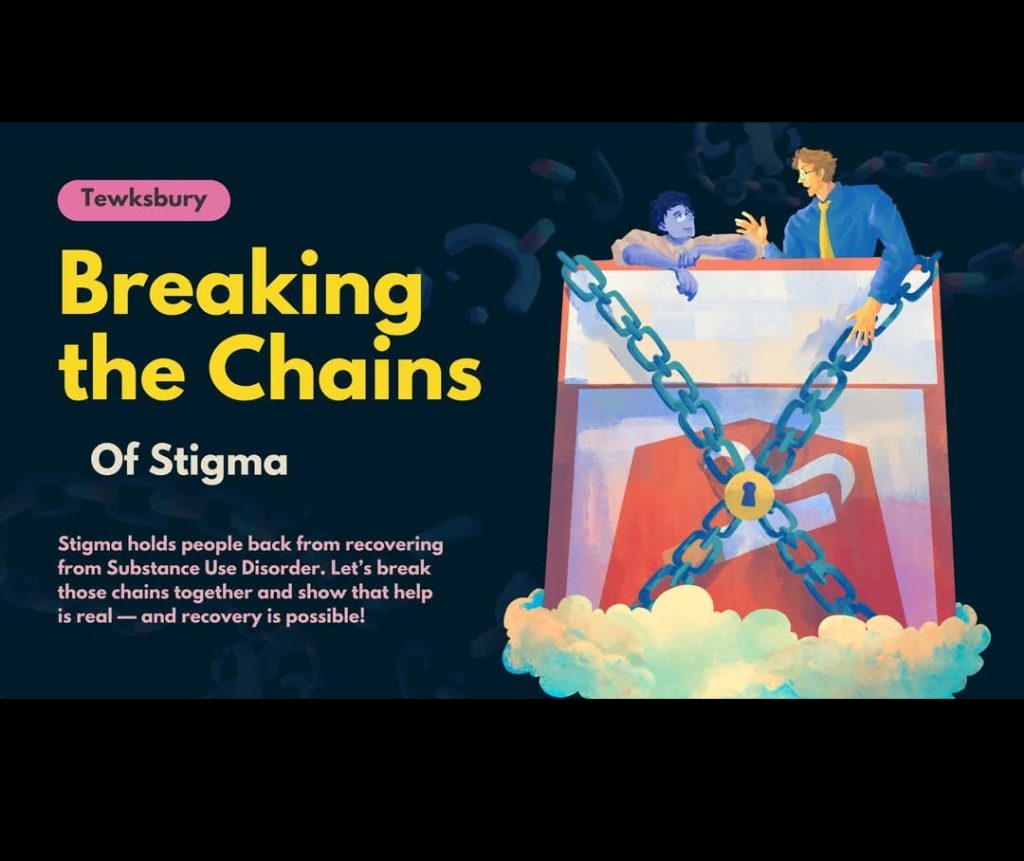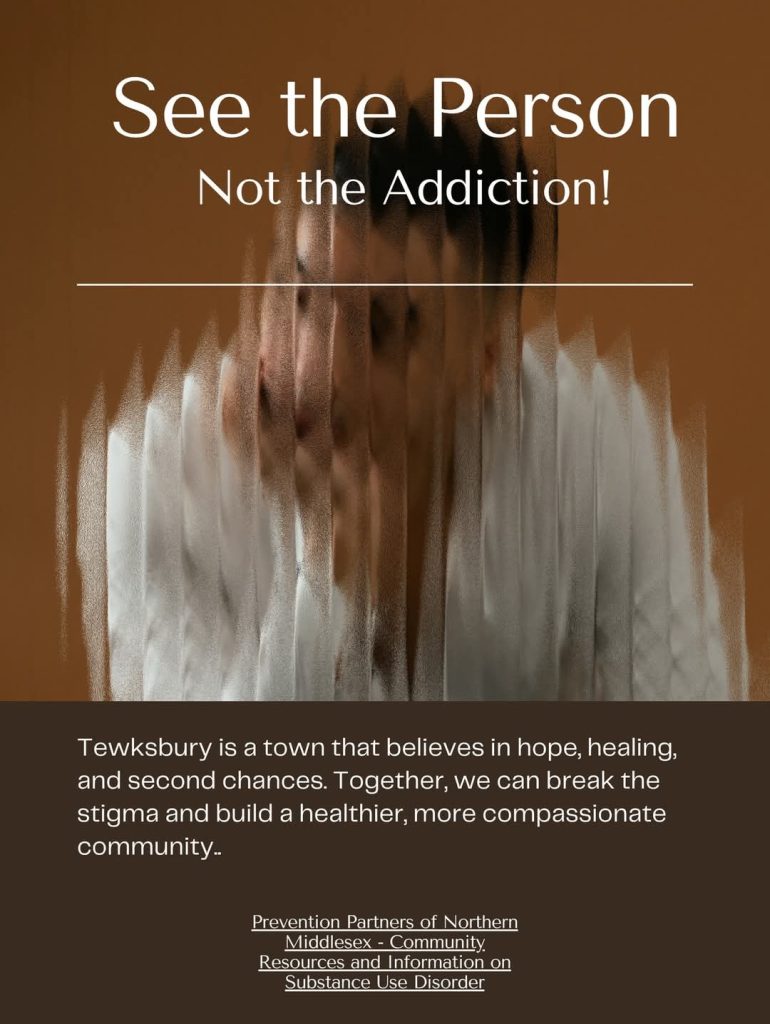Stand up to Stigma
Substance use disorder (SUD) is a complex health condition that affects the brain and behavior. It can happen to anyone, regardless of age, background, or circumstance. Despite being recognized as a medical condition, people living with SUD often face stigma—negative attitudes, stereotypes, and discrimination—that can be extremely damaging and a huge barrier for people with SUD.
Stigma shows up in many ways: through labeling people as “addicts” or “junkies,” blaming individuals for their condition, or treating them as if they are unworthy of care and compassion. This not only isolates individuals and their families but also creates barriers to seeking treatment and support. Research shows that stigma can prevent people from entering recovery programs, limit their access to healthcare, and have negative effects on a person’s mental health.
It’s important to remember that substance use disorder is treatable, and recovery is possible. Just like with other chronic illnesses such as diabetes or heart disease, effective treatments, community support, and ongoing care make a difference.
As a community, we all have a role to play in ending stigma:
-
Use respectful, person-first language. Say “a person with a substance use disorder” instead of “addict.” Words matter.
-
Educate ourselves and others. Share facts about SUD as a medical condition rather than a personal weakness or choice.
-
Offer compassion, not judgment. Listen without criticism, support families, and encourage treatment and recovery.
-
Advocate for resources. Promote access to prevention programs, treatment services, and recovery support in schools, workplaces, and communities.
-
Celebrate recovery. Sharing stories of hope helps normalize treatment and shows that recovery is possible for anyone.
By shifting the way we think and talk about substance use disorder, we can break down barriers and create a culture where people feel safe to ask for help. Ending stigma isn’t just about changing words—it’s about changing lives.
A variety of resources include:
CDC’s
SAMSHA’s
“Overcoming Stigma, Ending Discrimination Resource Guide“
“The Power of Perceptions and Understanding:”
NIH’s
“Words Matter: Preferred Language for Talking About Addiction”
“Stigma: how it affects the substance use disorder patient”
“A better way to say that: Stigmatizing language affects how we treat addition”
Anti-Stigma Campaign in Tewksbury:
This September, in honor of National Recovery Month, PPNM, in collaboration with the Tewksbury Health Department, led an Anti-Stigma Campaign on social media and within our community. Below are some of the images we shared in hopes of reducing the stigma that people with substance use disorder face